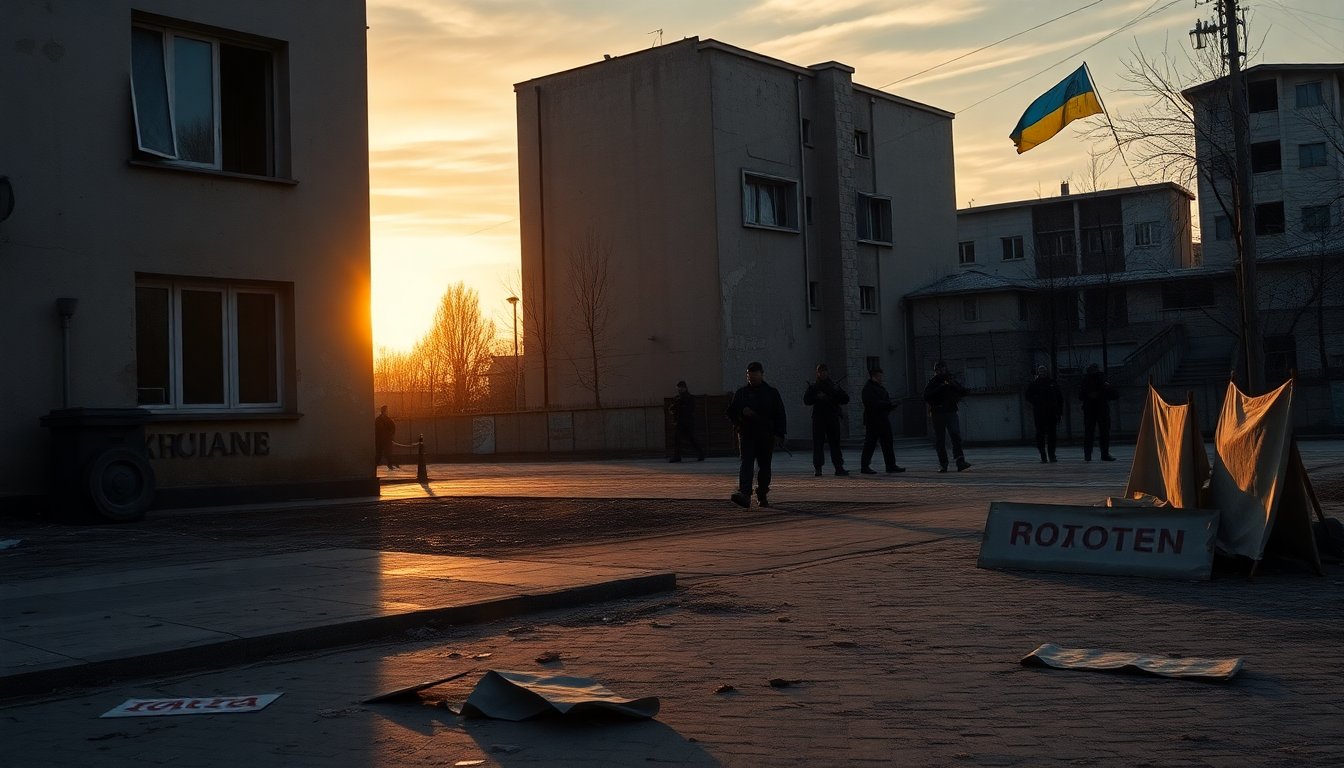Table of Contents
The conflict in Ukraine has resulted in a troubling increase in legal actions against individuals in the Russian-occupied regions of Donetsk, Luhansk, Zaporizhzhia, and Kherson. An investigation by iStories revealed that, over the past three years, courts in these regions have issued at least 190 sentences related to charges such as treason, espionage, and collaboration with foreign states. These convictions primarily target individuals who oppose the occupation.
Legal landscape under occupation
The justice system in occupied areas presents significant controversy. Many individuals convicted in these regions have openly resisted the occupation and subsequently faced abduction by Russian security forces. Notably, nearly two-thirds of these convictions are for espionage. This term, traditionally associated with foreign nationals in Russia, is now increasingly applied to Ukrainian citizens in annexed territories.
The implications of treason charges
The charge of treason is increasingly being used to prosecute individuals in connection with the acceptance of Russian passports. Human rights organizations have expressed concern that Ukrainians without Russian citizenship are also being charged with treason, which contravenes Russian law. Additionally, some individuals with dual citizenship of Ukraine and Russia are facing charges under both treason and espionage statutes simultaneously.
Sentencing and demographic impact
The penalties for individuals convicted of espionage and treason in Ukraine are notably severe. On average, those found guilty of espionage receive sentences of about 13.3 years. In contrast, individuals convicted of treason face slightly longer sentences, averaging approximately 13.8 years. Alarmingly, at least two individuals have been sentenced to life imprisonment. This harsh reality highlights the perilous situation confronting those who challenge Russian authority in these regions.
Demographics of the convicted
The legal crisis reveals a significant demographic breakdown among the convicted individuals. Women account for over a quarter (28 percent) of these cases, suggesting that the effects of these charges extend beyond traditional gender lines. At least eight teenagers have also been implicated, underscoring the vulnerability of youth in conflict zones. Additionally, public records indicate that five individuals charged under these classifications have sadly died while in custody, raising serious concerns about the treatment of detainees.
A call for awareness and action
The situation in the occupied regions of Ukraine highlights the extreme measures authorities employ to suppress dissent. More than 190 individuals have been convicted of treason and espionage. These cases represent not just isolated incidents but a calculated strategy to instill fear and silence opposition. As the international community watches, it is crucial to advocate for the rights of those unjustly prosecuted and to support initiatives aimed at restoring justice and accountability in these regions.
The legal challenges faced by Ukrainians under occupation illustrate a disturbing pattern of oppression that demands attention. The global community must remain vigilant and dedicated to supporting those who resist tyranny, ensuring that their voices are heard amidst such profound injustices.


